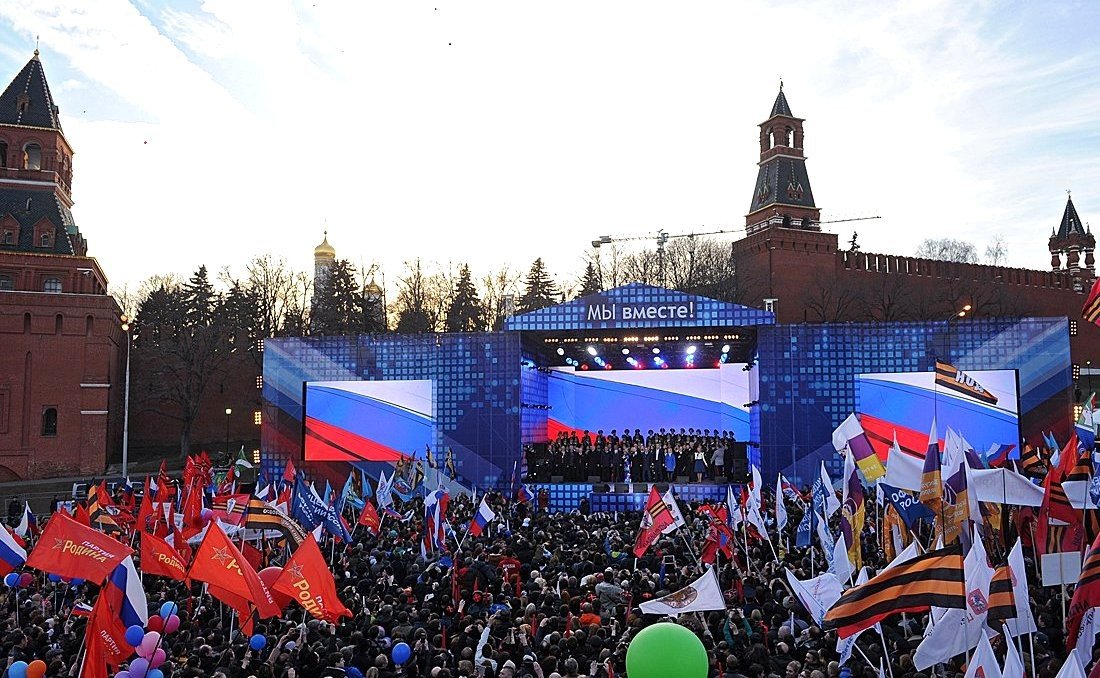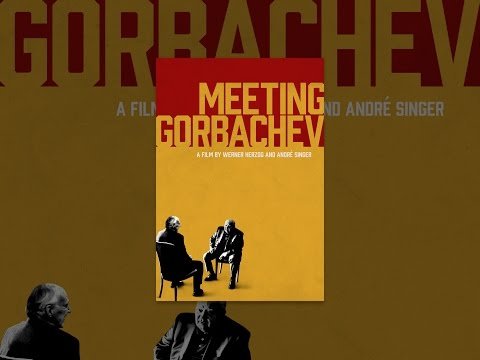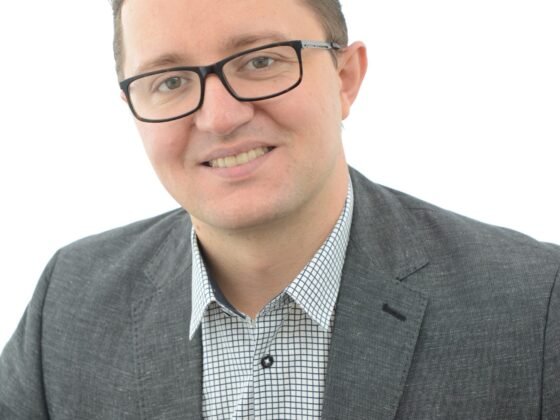
The emotional high around Crimea brightened the future, present, and even the past, as Russians embarked on a surging feel-good factor that they and the president would surf for years.
► The co-construction of Russian authoritarianism, say Samuel Greene and Graeme Robertson in their new book, Putin v. the People: The Perilous Politics of a Divided Russia, occurs in millions of homes and workplaces and schools and churches as ordinary citizens act in their own interests, not just President Vladimir Putin’s. That’s what makes the system durable, but it’s also what makes it vulnerable.
Vladimir Putin could be forgiven for wondering whether this whole Crimea thing was worth it.
In a recent survey by VTsIOM, 88 percent of respondents thought occupying and annexing the Ukrainian peninsula just over five years ago was a good thing, but only 18 percent said it improved their lives. This comes on the heels of polling by the Levada Center that showed Putin’s approval ratings at 64 percent, down from a peak of 89 percent in June 2015. Worse, 46 percent of respondents answered what many pollsters consider the single most telling question by saying that they thought the country was headed in the wrong direction. This was narrowly more than the proportion who thought the country was headed in the right direction. In January 2019, for the first time since November 2013, four months before Crimea, pessimists outnumbered optimists.
The conventional wisdom regarding this shift has generally been that Russia’s faltering economy—five years of declining real disposable incomes, no tangible sense of recovery, rising taxes, and delayed pensions—finally aroused citizens from their Crimea-induced dreamland. Or, to use a metaphor commonly applied by commentators on Russian politics, the refrigerator finally caught up with the television.
|
“For all their baleful effects in Ukraine, Moscow’s annexation of Crimea and invasion of the Donbas in spring 2014 have also had a dramatic and lasting impact on Russia.”
|
That conventional wisdom, we believe, is wrong—as is the entire television-vs-refrigerator metaphor that underpins so much of the debate about Russia’s supposed “social contract.” To understand why, we need to go back to how the post-Crimea “rally around the flag” was constructed, and, indeed, to other important shifts in Russian public politics. For all their baleful effects in Ukraine, Moscow’s annexation of Crimea and invasion of the Donbas in spring 2014 have also had a dramatic and lasting impact on Russia. According to our research, citizens who had previously avoided politics as something dirty and uninteresting suddenly began to seek it out actively, watching more hours of news on television and talking politics more frequently with their friends and family.
Finally, there was something to be proud of, something to feel hopeful about. On Russian television, and in household conversations across the country, the illegal expansion of Russia’s borders was presented as both the righting of a historical wrong and a humanitarian response to the alleged depredations of Ukraine’s revolutionary leaders. Russia was back and, in their enthusiasm, millions of Russian citizens embraced Putin more closely than ever before.
But the emotional high around Crimea went much further than foreign policy or even Putin. Russians abruptly (and without any basis in reality) began to feel that all sorts of things had grown better. Our respondents felt that petty corruption had improved and that high-level elites were stealing less, though neither was true. They felt that the economy was doing better (and would continue to do better)—while it clearly was not. Most stunningly of all, many people started reporting that their own experience of the economic depression of the 1990s was not quite so bad as they themselves had told us only a few months earlier. War had brightened the future, the present, and even the past, as Russians embarked on an emotional wave, a surging feel-good factor, on which they and President Putin would surf for almost four years.
|
“War had brightened the future, the present, and even the past, as Russians embarked on an emotional wave, a surging feel-good factor, on which they and President Putin would surf for almost four years.”
|
This, we argue in our above-mentioned book, was an episode of what Emile Durkheim—among the founders of modern sociology—called “collective effervescence.” On occasion, Durkheim wrote in 1912, events cause people to come together in new ways, leaving behind the strictures of staid society and pouring their enthusiasm out into the open. The result—akin to a religious experience, replete with song and dance—produces an “effervescence,” a shared euphoria. Even after the moment passes, that euphoria can be constantly rekindled through ritual and remembrance, making people recall the emotion they experienced and helping them feel it anew. A century of ensuing sociological and social-psychological research has shown that this process increases participants’ sense of self-esteem and general wellbeing. And that holds true even when the experience was vicarious, as it was for the vast majority of Russians—very few of whom were actually in Crimea or Donbas.
The Crimean rally, then, was not as straightforward as a simple transaction in which Putin handed his citizens a peninsula and they rewarded him with support. Our surveys—in which we were able to interview the same people both before and after the annexation, and thus see exactly who changed their political opinion—showed that the process was more social than political. The people who were most likely to increase their support for Putin did so as a result of a process that had at least three steps: first, they watched more political coverage on TV; second, they talked about politics more with their friends and relatives; and third, that coverage and those conversations improved their sense of emotional wellbeing. It was the combination of those three things—watching, talking and feeling—that produced Putin’s stratospheric support.
|
“With the exception of a few workers at Uralvagonzavod, there didn’t seem to be a pro-Putin constituency that had anything like the commitment of the Bolotnaya protesters.”
|
Support for Putin, however, was social well before Crimea came along. In 2012—in the aftermath of the Bolotnaya protests, when support for Putin seemed even weaker than it is now—the president’s political team set about trying to buttress the foundations of the Kremlin’s support base. The problem, oddly enough, wasn’t the opposition. While Putin had gotten away with only token resistance for most of his first two terms in office, the fact that an authoritarian leader like him eventually faced protest against election fraud was not that surprising. Much more worrying was the fact that, with the exception of a few workers at Uralvagonzavod, there didn’t seem to be a pro-Putin constituency that had anything like the commitment of the Bolotnaya protesters. Nashi, Molodaia gvardiia, and all of the other youth groups so generously funded by the Russian state to channel young people to the Kremlin’s side were nowhere to be seen.
The solution was an old trick from Western political playbooks: wedge issues, topics designed to exaggerate (or even manufacture) differences between competing political camps. The first of these was blasphemy—or, put in legal terms, the defense of the sensibilities of religious believers—courtesy of Pussy Riot; the next was homosexuality, under the guise of protecting children from the “propaganda of non-traditional sexual relations.” Both worked powerfully. Other wedges were tried, too, though with somewhat less success: anti-migrant sentiment (on which many in the opposition were, if anything, even more robust than the Kremlin) and the ban on American adoption of Russian orphans (the obvious cynicism of which briefly succeeded in uniting most Russians against the Kremlin), to name two.
Wedge issues work by pushing the target—in this case, the post-Bolotnaya opposition—into taking political positions calculated to be unpopular with the majority of the population. Both on television and around kitchen tables, the two wedge issues had been marginal prior to their “weaponization” by the Kremlin. As opposition figures lined up to defend blasphemers and gays, the ploy worked. Not surprisingly, the state-controlled media played a key role in pushing ordinary Russians to adopt the Kremlin’s newfound “values” agenda. Among our respondents, those least likely to support the laws curtailing blasphemy and gay rights were precisely those who watched the least television.
But it turns out that the media—as in the Crimean moment—were only the beginning of the story. Once exposed to the Kremlin’s messaging (as all television viewers inevitably were), the people most likely to find themselves agreeing with the Kremlin were those who scored highest on a personality trait that psychologists refer to as “agreeableness.” This trait, which describes people who are sensitive and tender-hearted, is also associated with a desire to get along with your social surroundings, to avoid conflict. Psychological research has shown that being “agreeable”—while driven by this innate desire that some people have to get along—can actually be a lot of work, as “agreeable” people constantly read their social surroundings for clues about prevailing attitudes and assumptions. This is not, it should be noted, the same thing as conformism, which is generally thought of as a pragmatic response to threats and risks. Rather, agreeable people blend into their social surroundings not simply to make their own lives easier, but to make the lives of their interlocutors more pleasant—in other words, to be friendly.
Thus, as Putin began to recover from his Bolotnaya-era nadir—with the help of these wedge issues—his support came less from those citizens who turned against one another, than from those who turned toward one another. To be sure, this period also saw the rise of aggressive pro-regime and/or anti-opposition groups like SERB and NOD, and later the Anti-Maidan movement, but our data show that such aggression was the exception.
|
“The power of the Kremlin rests less on Putin’s relationship with the people than on people’s relationships with one another.”
|
The important point here is that, in both of these stories, the power of the Kremlin rests less on Putin’s relationship with the people than on people’s relationships with one another. This is not to say that the Kremlin is not intrinsically powerful. It obviously is: it is the Kremlin that sets the media agenda, that wields the sharp end of coercion, and that controls the institutional framework in which politics happen. All of these things shape the way society reacts. Were there a greater multiplicity of views on TV, it would be easier for people to disagree with friends and still feel socially accepted. Were there a more competitive political field, people’s pride might accrue to a more abstract sense of their political community, rather than to its one visible symbol.
And yet the day-to-day work that makes Putin Putin—what we call in the book the “co-construction” of Russian authoritarianism—is done in millions of homes and workplaces and schools and churches by ordinary citizens acting in their own interests, not his. That’s what makes the system durable, but it’s also what makes it vulnerable.
What all of this suggests is that, in fact, there is no competition between the refrigerator, as the metaphor for Russians’ material welfare, and the television, as the metaphor for propaganda. One is not a substitute for the other; there is no question of balance or tipping-points at which one begins to outweigh the other. This is true for at least three reasons.
First, and most simply, citizens are capable of looking at more than one box at a time: seeing the TV does not make them unaware of the fridge, and vice versa. Moreover, being aware of both things, they generally want to feel good about both, or at least as good as is possible. Having a full fridge does not relieve the pressure on TV to produce a nice picture, nor does propaganda on television make an empty fridge feel any fuller.
Second, the relationship between the picture on the TV and the picture in the fridge exists in the minds of analysts, but not in the minds of citizens. In fact, our interviews and surveys suggest the opposite. Those of our respondents who planned to vote quite happily for Putin in 2018 knew how dire the economic situation was. And those who were optimistic about their economic future saw no particular reason to thank Putin for their good fortunes; rather, their success was theirs alone. And that’s logical: what, in the past 40 years or so of history, has given ordinary Russian citizens any reason to believe that promises made on television will translate into abundance in the fridge?
|
“While analysts (and perhaps even the Kremlin) see television as a vertical transmission mechanism between the regime and its subjects, that’s not the way citizens experience it.”
|
Third—and most crucially—while analysts (and perhaps even the Kremlin) see television as a vertical transmission mechanism between the regime and its subjects, that’s not the way citizens experience it. Yes, they see Putin—a lot of Putin—on the screen. And yes, Putin controls what’s on that screen (and people know that). But the reason people watch television is not to communicate with Putin. It’s to communicate with one another: to find topics of conversation, to pick up vibes and social cues, to figure out what is on the Russian national agenda, and to engage in the rituals of togetherness. Those are all basic human needs that need to be fulfilled regardless of the economic situation.
So if it is not the metaphorical refrigerator that is undermining Putin’s ratings, what is? We do not have the data to answer that question. If our theory of “co-construction” is right, however, the answer lies somewhere in Russians’ relations with one another. Perhaps Russians found symbols other than Putin in which to invest their pride. Or perhaps—and here the economy can of course play a role—they are no longer as emotionally invigorated.
Regardless of the reason, the mechanism seems clear enough: if it was social pressure that made Putin wildly popular, a decline in his ratings should reflect a relative easing of that social pressure. If Russians are telling pollsters that they are less enthusiastic about their president, then they are likely to be telling one another the same—or more. Once again, it is becoming a little bit easier to be Russian and to differ.
Samuel Greene is Director of the Russia Institute and Senior Lecturer in Russian Politics at King’s College London.

Graeme Robertson is Professor in the Department of Political Science at the University of North Carolina-Chapel Hill.













